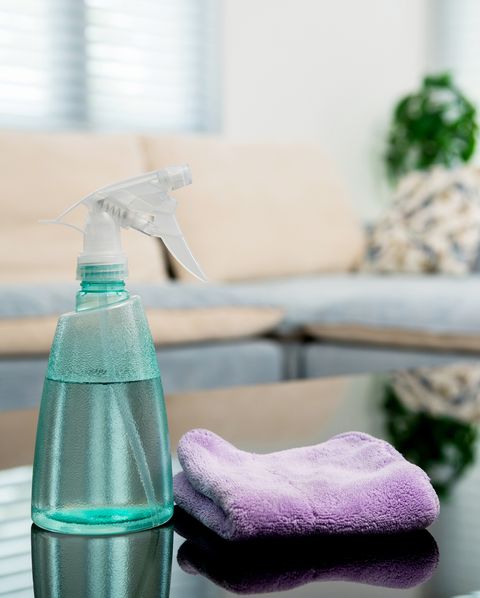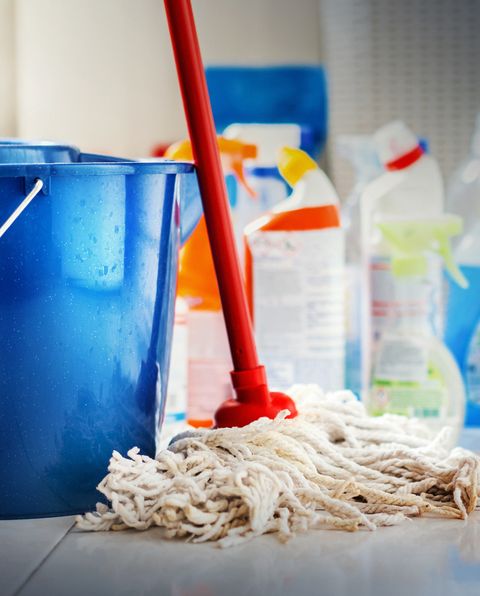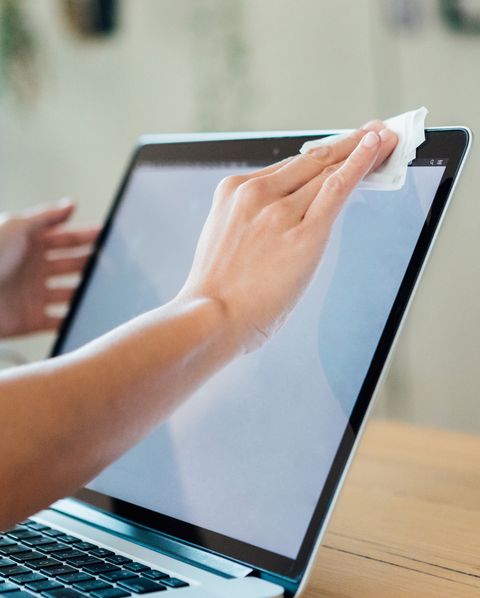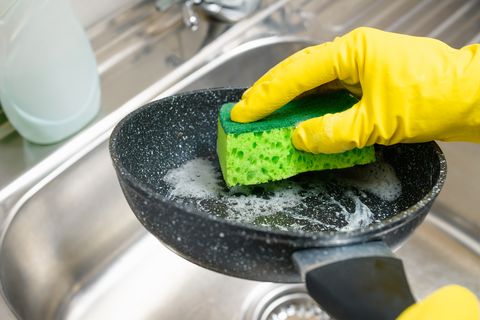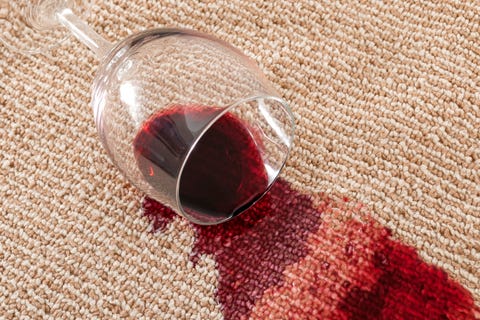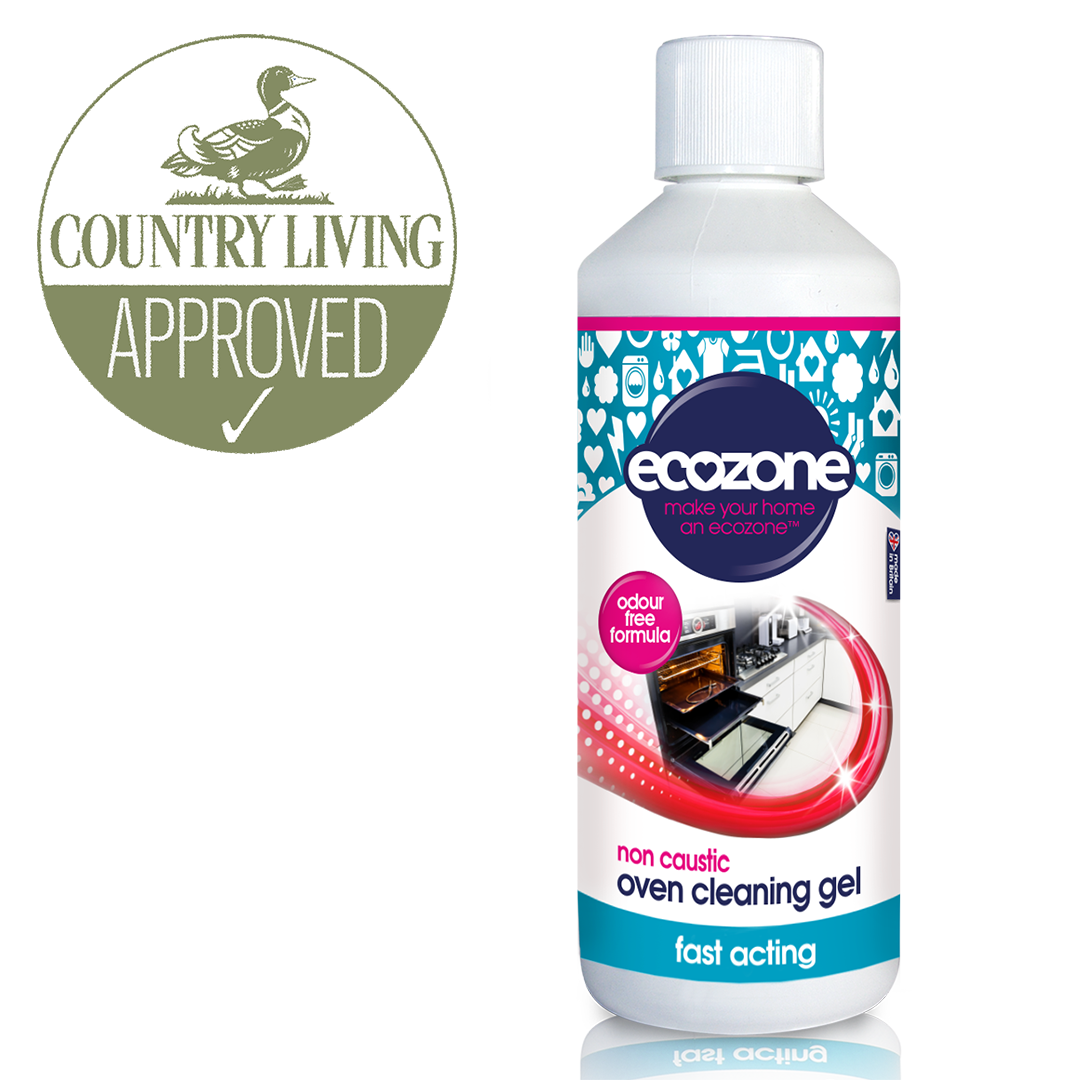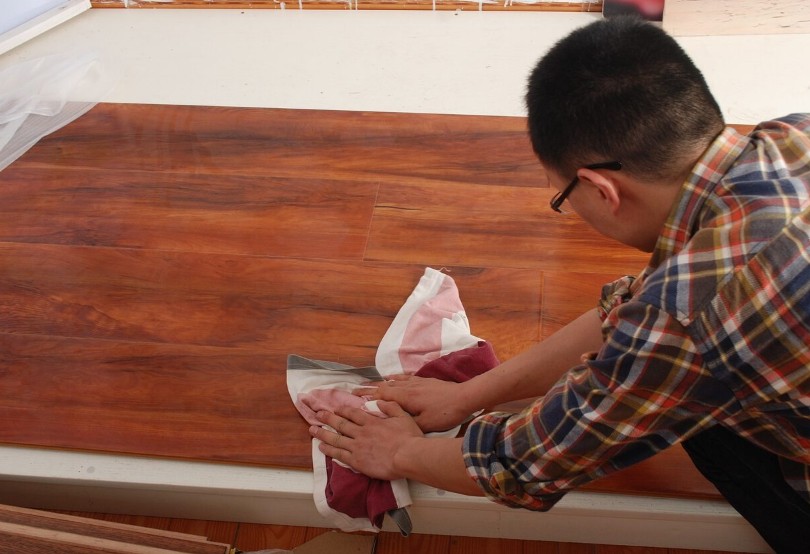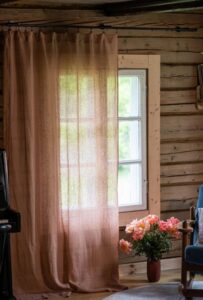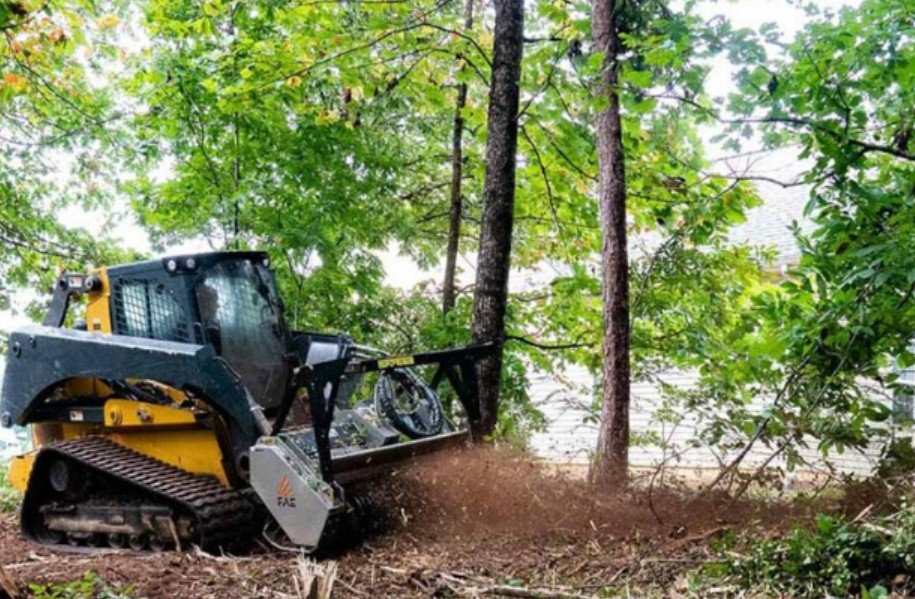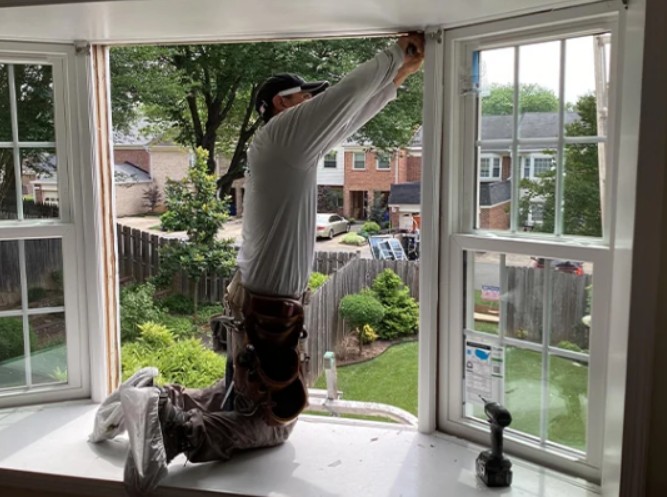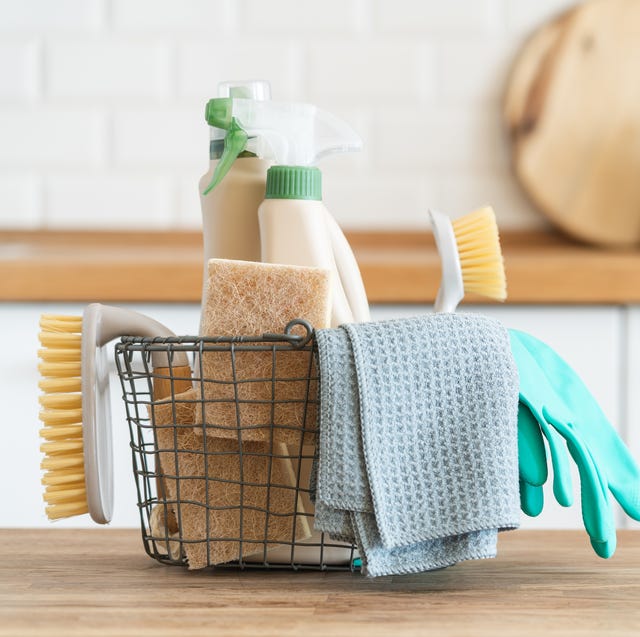
Anna PuzatykhGetty Images
We all have different tips and tricks to make our homes sparkle, but are you aware of the common cleaning mistakes that could cause damage to your surfaces? From mixing products to scrubbing wine spillages, some may be doing more harm than good.
Giving your home a spring clean? Take a look at the top mistakes to avoid…
1. Mixing cleaning products
Whether it’s glass cleaner, dishwasher detergent, toilet cleaner or bleach, you should never mix cleaning products together as it can lead to dangerous chemical reactions.
“Combining products such as bleach and limescale remover to clean bathrooms could damage your home and can be toxic,” the experts at Toms Guide say. “Plus certain household cleaners are manufactured in a specific way that should not be used with other products as they can create toxic gases. Always stick to one commercial product or natural solution during cleaning.”
2. Spraying wood polish directly onto your furniture
Have you ever sprayed wood polish directly onto your furniture? Well, according to the experts, spraying too much product could soak into the wood and cause it to become discoloured or even warp. Instead, make sure to spray your wood polish onto something like a clean microfibre cloth to make sure that you can apply it evenly.
You should also never spray a cleaning product directly onto unsealed wood furniture.
3. Using too much water to mop your hardwood floors
Mopping your hardwood flooring with too much water is a leading cause of blackened, water-stained, warped and ruined wood flooring. To avoid this, make sure you go over your mopped floors with a dry cloth or ensure that you mop up as much of the excess water as you can.
Top tip: Leave windows or doors open to speed up the floor drying process.
4. Spraying electronics
It’s important to keep our laptops germ-free, but spraying a cleaning solution directly onto electrical devices could damage them. To protect your expensive items, always spray onto a cloth and then wipe the product away.
Toms Guide explain: “Be it your laptop, phone or any other electronic device, never spray cleaning products directly onto them. Any moisture can get inside electronics, which will cause them to malfunction, break, or worse still, cause sparks.”
5. Using bleach on your fabric sofa
Bleach will eat through your fabric sofa, so avoid using it to clean up stains and marks. As well as fading the colour of the fabric, it could also cause holes. Instead, read the care label for how to safely and correctly clean your sofa.
6. Using rough sponges and tools on stainless steel
You may think that you need an abrasive sponge to remove tough stains, but these rough scouring pads will only scratch steel pots, pans and stovetops. Using a non-scratch sponge or pad will work just as effectively, but without the risk of damage occurring.
7. Scrubbing your walls
If your child has decided to draw on your painted walls, avoid scrubbing the scribbles off with a harsh brush. You could potentially remove some of the paint or even damage the plaster underneath.
Try using a non-abrasive sponge on one spot of the scribbles before you tackle the whole area. Alternatively, a mixture of baking soda and warm water blotted onto the stain should start to lift it.
8. Using bleach to spray onto mould
You may think that using bleach to get rid of mould makes sense but it can actually make the issue even worse. While it may remove the black stains, the actual root cause of the mould will not improve. This may be a case for calling in a professional to advise, especially if it is large or growing.
9. Scrubbing carpet stains like red wine spills too roughly
We all know how frustrating red wine spills can be, but roughly scrubbing your carpet can make carpet fibres fade, sometimes making the stain bigger than before.
“This will ruin the quality, feel and aesthetics of your carpet,” say the experts at Toms Guide. “Instead, gently blot the carpet stain with a clean cloth with a dabbing action.”
10. Using vinegar to clean your granite or marble worktops
We often think of vinegar as a cleaning hero but did you know that it can’t be used on every surface? White vinegar, in particular, can strip surfaces of shiny coatings or discolour natural materials because of its high levels of acidity. We recommend using some soapy warm water to clean countertops in any case.
This content is created and maintained by a third party, and imported onto this page to help users provide their email addresses. You may be able to find more information about this and similar content at piano.io

